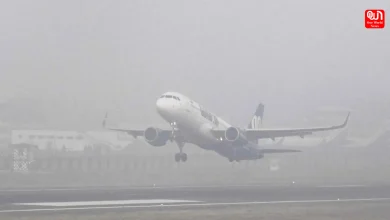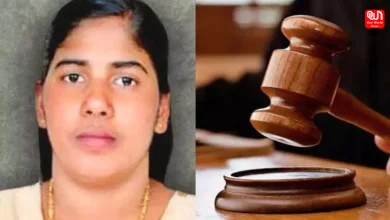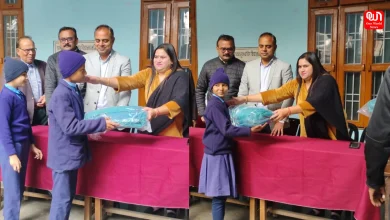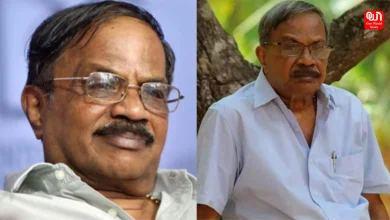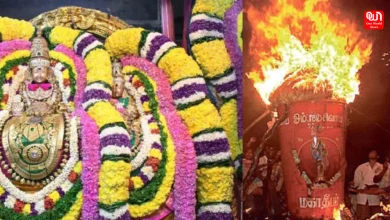Open-Defecation-Free Orientation Programme, at Shillong
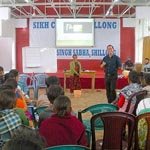
Open-Defecation-Free Orientation Programme, at Shillong
The North East Slow Food and Agrobiodiversity Society (NESFAS) in collaboration with the District Water and Sanitation Mission (DWSM), East Khasi Hills District, Meghalaya organized an Orientation Programme on Open-Defecation prevention, on the 12th May, 2015 at the Gurudwara, Sikh Centre, in Shillong for 40 communities from across Meghalaya.

The 40 communities will be partnering with NESFAS in hosting the upcoming International Mei-Ramew (IMR), scheduled for November 2015. Cleanliness, sanitation and hygiene being critical criteria for these communities. The event is a part of a series, which acts as change agents in the preservation of agrobiodiversity, conserving traditional knowledge and rural empowerment.
IMR is a major milestone for all the individuals, communities and partners engaged in NESFAS’s various strategic activities, gearing up for the mega event, marked for November 3-7, 2015. The North Eastern Hill University campus, Shillong, will be the venue for the first three days of the conference, while the fourth day will entail visits to some of NESFAS’s communities for the visiting delegates. The event will conclude at the Sacred Groves at Lawkyntang, Mawphlang with a food festival open to the public.

The District Water & Sanitation Mission for the State’s eleven districts, was constituted on 1st August , 2003, as a Registered Society, to look after the implementation of the community-based Rural Water Supply Programme and the Rural Sanitation Programme in the districts, as per the Government of India’s guidelines.
Mr. Mark W. Kharkongor, District Coordinator, Water & Sanitation Mission, has been active in mobilizing the villages within his reach towards achieving the ODF status, since 2009. He facilitated the various stakeholders in addressing key level of cleanliness as knowledge, understanding and skills by active participation and addressing rural areas as a model for social changes in behavior and attitude compared to the urban areas. Mr. Kharkongor mentioned, “The urban and rural areas need to be approached differently, considering, every place has its own beliefs and customs that need to be respected. The level of acceptance is different. It is not just building toilets but to look at sanitation in a holistic way, a community led sanitation. We are trying to sensitize and empower the society. ”

Pius Ranee, of NESFAS reminds hygiene is very important, it’s changing the mindset. “You cannot talk directly to the community about hygiene. There are some sensitivities. It is about doing this exercise, with these participants from every village of social workers, school teachers and the local elders: leaders of their community. These are main targets to spread the message, to change mindset. It’s about understanding the needs whether a toilet is needed in some areas or not.”
Improving the general quality of life in the rural areas by promoting cleanliness, hygiene and eliminating open defecation, is a shared vision between NESFAS and the Government of Meghalaya, where they are trying to create a model within the community itself, to create an initiative of community led sanitation.


